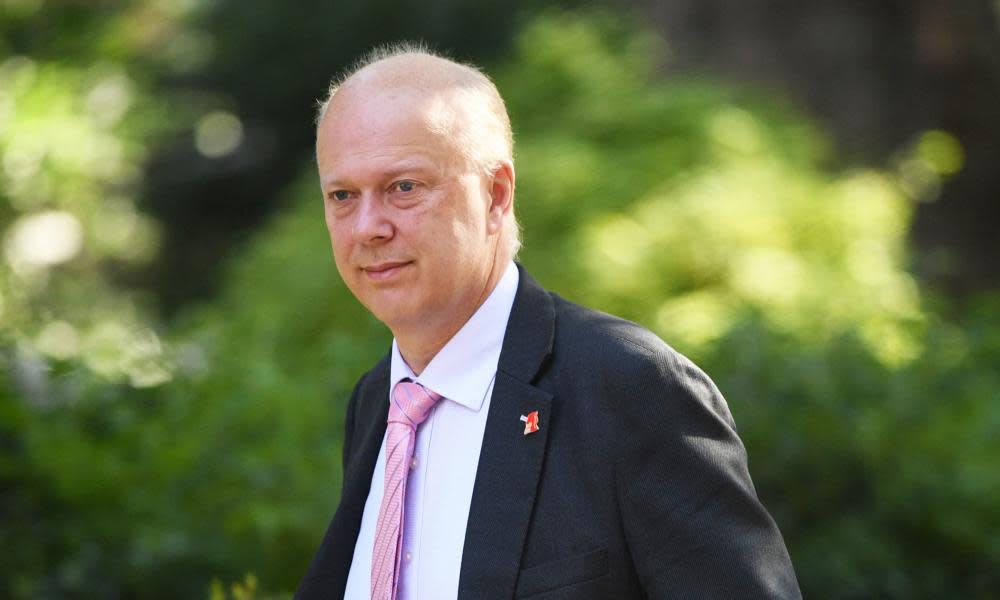Ministers considering renationalising England and Wales probation service

Ministers are considering renationalising the entire probation service in England and Wales, the Guardian understands, in the latest twist in a long-running saga to unwind Chris Grayling’s disastrous changes to the sector.
Under Grayling’s widely derided shake-up in 2014, the probation sector was separated into a public sector organisation managing high-risk criminals and 21 private companies responsible for the supervision of 150,000 low- to medium-risk offenders.
Last year the Ministry of Justice (MoJ) announced that all offender management would be brought under the state-run National Probation Service (NPS), while contracts for rehabilitation services such as the provision of unpaid work and accredited programmes were to be offered up to the private and voluntary sector.
But the Guardian can reveal that the government suspended the competition for contracts last week and after an internal MoJ review it is considering renationalising probation services in their entirety.
Stakeholders have expressed a belief that this signals the end of the private sector involvement in probation that was spearheaded by Grayling when he was justice secretary.
The current justice secretary, Robert Buckland, is understood to have cancelled calls to stakeholders on Wednesday to appraise them of the situation.
An MoJ spokesperson said: “Reforming probation to improve public protection and reduce reoffending remains one of our top priorities and we are assessing whether any changes to our current plans are required in light of the coronavirus pandemic. No decisions have been made.”
Layla Moran, the Liberal Democrat MP who recently reaffirmed her bid to become party leader, said: “The privatisation of probation has been a total and utter disaster. This whole mess has been a massive waste of public money, disastrous for the public and not working well enough for those stuck in the cycle of reoffending. I want us to now invest in rehabilitative services, both in prison and in the community, to enable people who have committed crimes to turn their lives around.”
Grayling ignored significant warnings from within his department to push through his so-called transforming rehabilitation reforms in 2014. MPs on the public accounts committee said the changes were rushed through at breakneck speed, taking “unacceptable risks” with taxpayers’ money. The justice committee described the overhaul as a “mess” and warned it might never work.
In 2017 the then chief inspector of probation, Dame Glenys Stacey, revealed that the Grayling shake-up had led to tens of thousands of offenders – up to 40% of the total – being supervised by phone calls every six weeks instead of face-to-face meetings.

 Yahoo News
Yahoo News 
